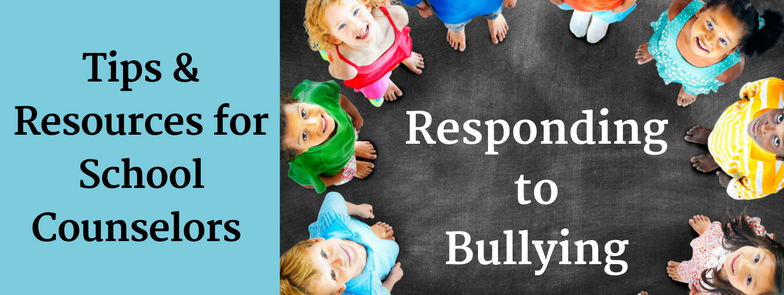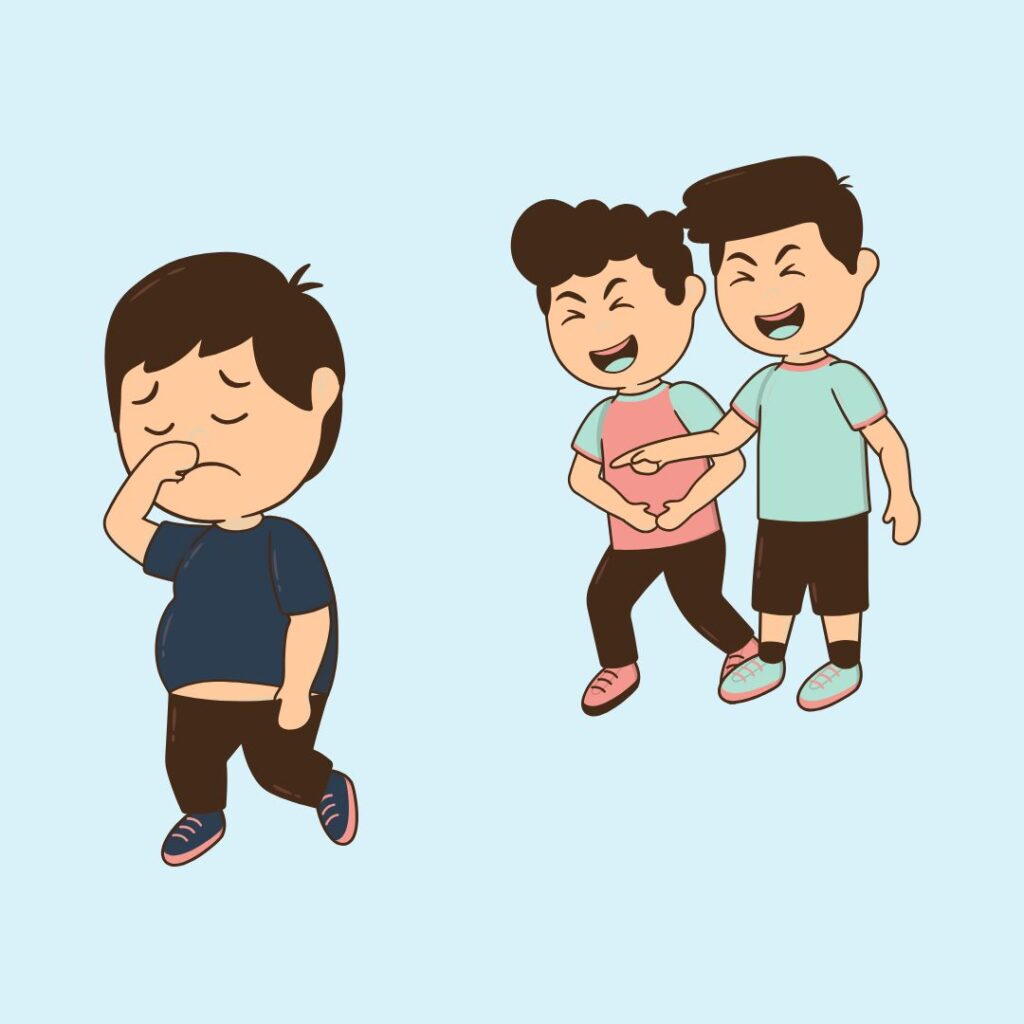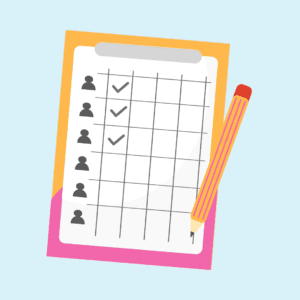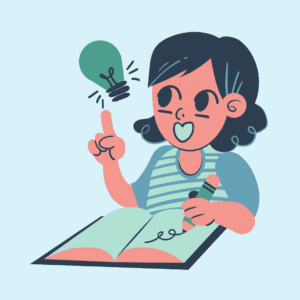 Every day school counselors are dealing with potential bullying incidents, as well as behaviors that are misidentified as bullying. Check out how these Confident Counselors address bullying and our favorite resources.
Every day school counselors are dealing with potential bullying incidents, as well as behaviors that are misidentified as bullying. Check out how these Confident Counselors address bullying and our favorite resources.
“When a student is referred for bullying behavior, work with them to make a solution-focused goal and then check in with them weekly to see how they are doing with their goal. Help them build their skills so they don’t rely on bullying to get what they need.” – Rebecca at Counselor Up
- Conflict Escalator Activity Pages from School Counseling Files
“The word bullying is so overused and abused. Often, the behavior can be classified as just normal conflict with two different sides to the story. With girls, it can be especially tricky. I run a “Frenemy” small group for girls who are struggling with conflict. I use a lesson called “Friend or Frenemy” which helps girls identify toxic relationships and how to heal the friendship or end it. Sometimes the girls realize that they too are exhibiting toxic qualities. They learn how to BE a good friend and how to recognize and keep healthy friendships.” – The Counseling Teacher
- Girl’s Friendship & Bullying Labels: Use with JENGA® for girl’s groups from Mental Fills
- What Should You Say When Your Daughter Tells You Someone Is Being Mean to Her? By Rosalind Wiseman (author of Queen Bees and Wannabes)
- Mean Girls: What Teachers Should and Can Do to Stop Them from Create, Dream, Explore
- The Ophelia Project
“When students are in 3rd-5th grade I encourage students to use “I” messages to handle their conflicts with other students. We learn that it is not always comfortable using I messages and sometimes they don’t work, but it is an excellent way to communicate your feelings without making the other person defensive. It is another skill we practice, practice, practice, individually, and in classroom lessons. One of the learning outcomes for elementary school counseling is that students go to middle school and understand and have the ability to use I messages to resolve conflicts.” – Counseling Wisdom/Susan Wisdom
“It is crucial for the counselor to do a followup check-in with any student who reports a bullying/bothering incident to them. It is best to do the check-in a few days after the incident has been resolved. This check-in ensures that the incident is actually resolved and stays that way.” – Stephanie from Bilingual Learner
- Talking about Bullying: Bullying Sentence Completion Activity from Kiddie Matters
- Oprah: Elijah Opens up to a Therapist about Being Bullied
“When I speak to a student who has intentionally hurt someone, I have them make a card for that person. I watch the student deliver it and ask how he/she felt making someone feel good instead of being hurtful.” – Little Miss Counselor
- Angry Words, Kind Words from School Counseling Files
“Use the “THINK” acronym to help with the prevention of verbal bullying and conflicts. Before you speak, “THINK” is it True, Helpful, Inspiring, Necessary, and Kind. – Kate from EduKate & Inspire
- Education World – Bullying Intervention Strategies That Work
- Bullying and Relational Drama Activities: Stop Stirring the Pot in Friendships from Mental Fills
“Have a group or intervention ready to go and make sure you are following evidence based practices. Research has shown that peer mediation for bullying is not effective and can be detrimental to the student who has been bullied. Ross Greene presented a few years back about bullies, urging practitioners to approach these students as if they are also missing essential social and emotional skills that would benefit from intervention. I always think of students who have bullied others as needing help too.” – Laura, Social Emotional Workshop
- B is for Bullies (and the Bullied) from Ross Greene
The Facts
- Bullying Presentation with Stats from Carol Miller, The Middle School Counselor
- What Kids Need to Know about Bullying from PrevNet in Canada The Facts about Bullying from Understood.org
- Kids Health – Bullying
- From Child Trends: Bullying Video Dr. Deborah Temkin discussing the current state of bullying prevention






